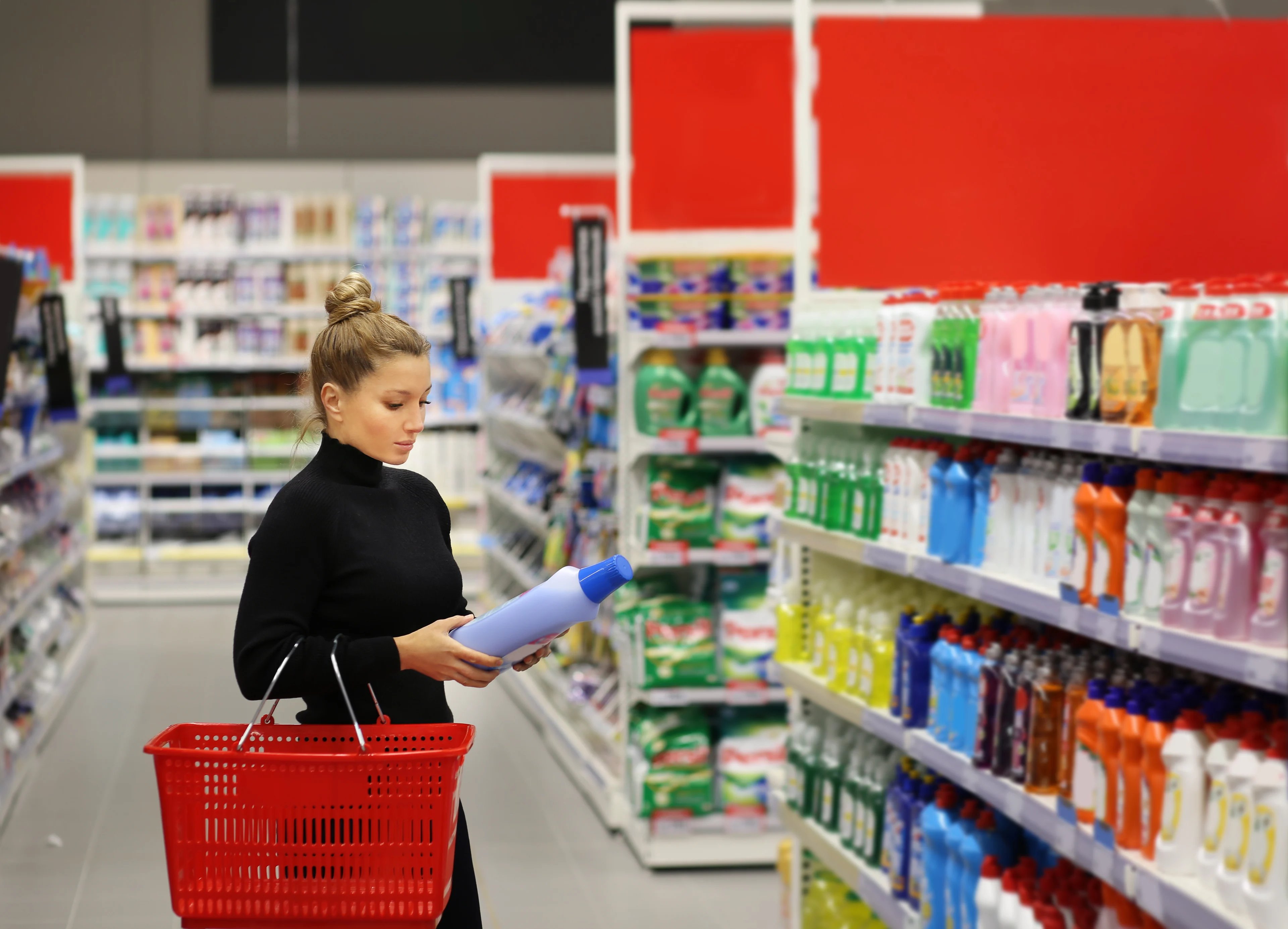Assuming you brush your teeth on a regular basis, Colgate-Palmolive (CL +0.87%) probably needs no introduction. Although best known for its namesake Colgate brand of oral hygiene products, the company's stable of brand names extends far beyond applications for the mouth. To name only a handful, it's the proprietor of Irish Spring soap, Speed Stick deodorant, Palmolive dish soap, and even Science Diet pet foods. All told, Colgate owns more than 40 brands, which reach consumers in more than 200 countries around the world.
Despite its global footprint, Colgate traces its history back to simpler and humbler times. Founded by William Colgate, a soap and candle maker in New York City around the turn of the 19th century, the company introduced the masses to perfumed soaps and toothpaste in a tube. It took on its hyphenated persona in 1928, when a Milwaukee-based soap maker named Palmolive-Peet merged with Colgate -- the "Peet" was dropped from the name 25 years later.
Today, Colgate-Palmolive is a true consumer-goods giant, competing with the likes of Procter & Gamble and Unilever. In 2011, it reported $17 billion in total revenue and $2.4 billion in earnings. Additionally, the company employs a staggering 39,000 people.
The case for Colgate
Over the last four years, and assuming recent trends continue, the company will have spent more than $1 billion on research and development alone, trying to make better products for its customers and higher profits for shareholders. As its 2011 annual report put it: "At Colgate, developing innovative new products is a key driver of profitable growth."
Since it has such a massive global workforce, it'd be easy to assume that Colgate would treat its employees as inconsequential cogs in an enormous machine. Yet it must be doing something right, because a purported 25% of its workers have been with the company for over 20 years. Some of the common themes they cite are great benefits, employee development programs, a positive work-life balance, and flexible hours.
Shareholders as well have little to complain about. Over the last five years, the consumer-goods giant has notched an average return on capital of 35.7%, and its shares have returned an impressive 65% including dividends. This beat the S&P 500 index by more than 50 percentage points, and outpaced competitors like Procter & Gamble and Unilever by 12 and 39 percentage points, respectively. Not to mention, Colgate has paid uninterrupted dividends on its common stock since 1895, has increased payouts every year for 49 years, and currently yields a respectable 2.3%.
Risks to consider
In the past, Colgate has faced controversy concerning animal rights and environmental malfeasance. However, it's made amends, and in 2011 met PETA's "stringent requirements" to be labeled as "working for regulatory change" in terms of the ethical treatment of animals.
Every year Colgate publishes a "sustainability report" (link opens PDF file), which tracks the company's progress in three areas: "People, Performance, and Planet." In Colgate's 2011 report, the company boasted that its oral health initiative has reached 650 million children in 80 countries since 1991, 50 million in 2010 alone, and seeks to reach a billion by 2020. And while people can argue about the impetus for the program -- as Colgate's bottom line is inextricably linked to oral hygiene -- the fact remains that it's fully dedicated to spreading the gospel of dental health to children around the world.
In 2010, the company donated $18 million in cash and $21 million in in-kind donations to support various communities around the world.
The Foolish bottom line
Although Colgate may appear to operate in a sleepy industry, it's an extraordinarily profitable company with broad employee satisfaction and a strong commitment to philanthropy.
Click here to read about the rest of The 25 Best Companies in America.







